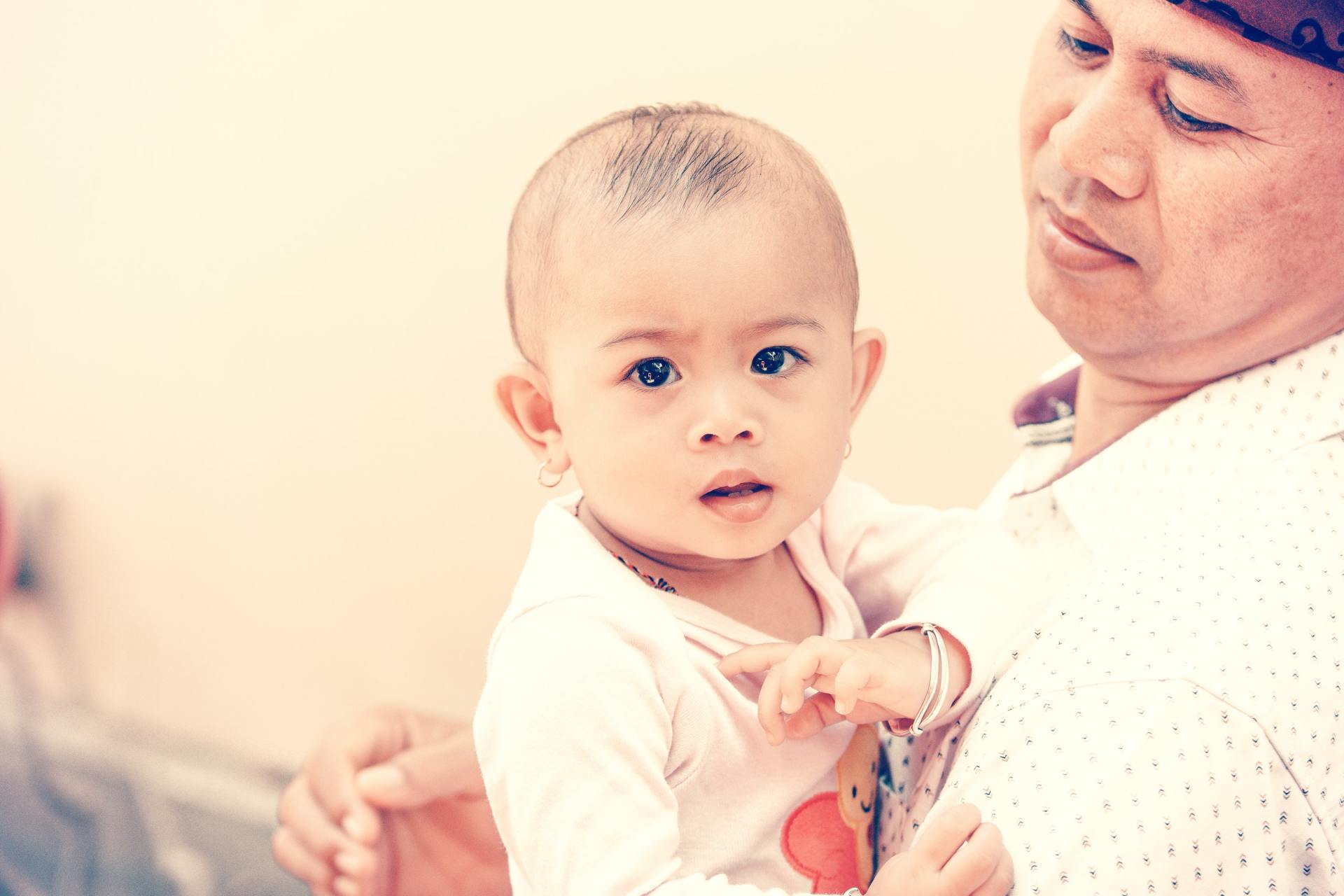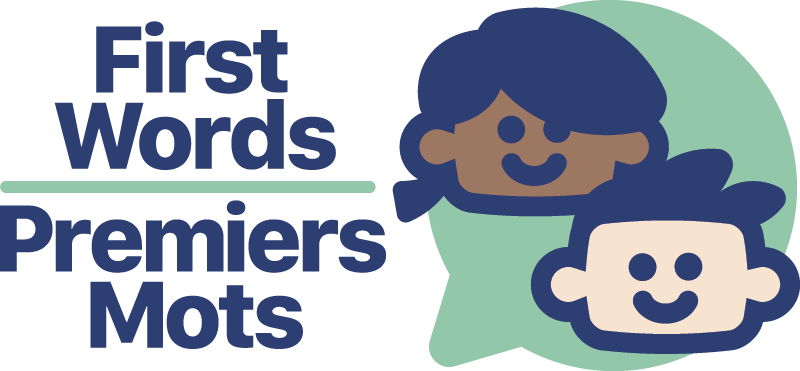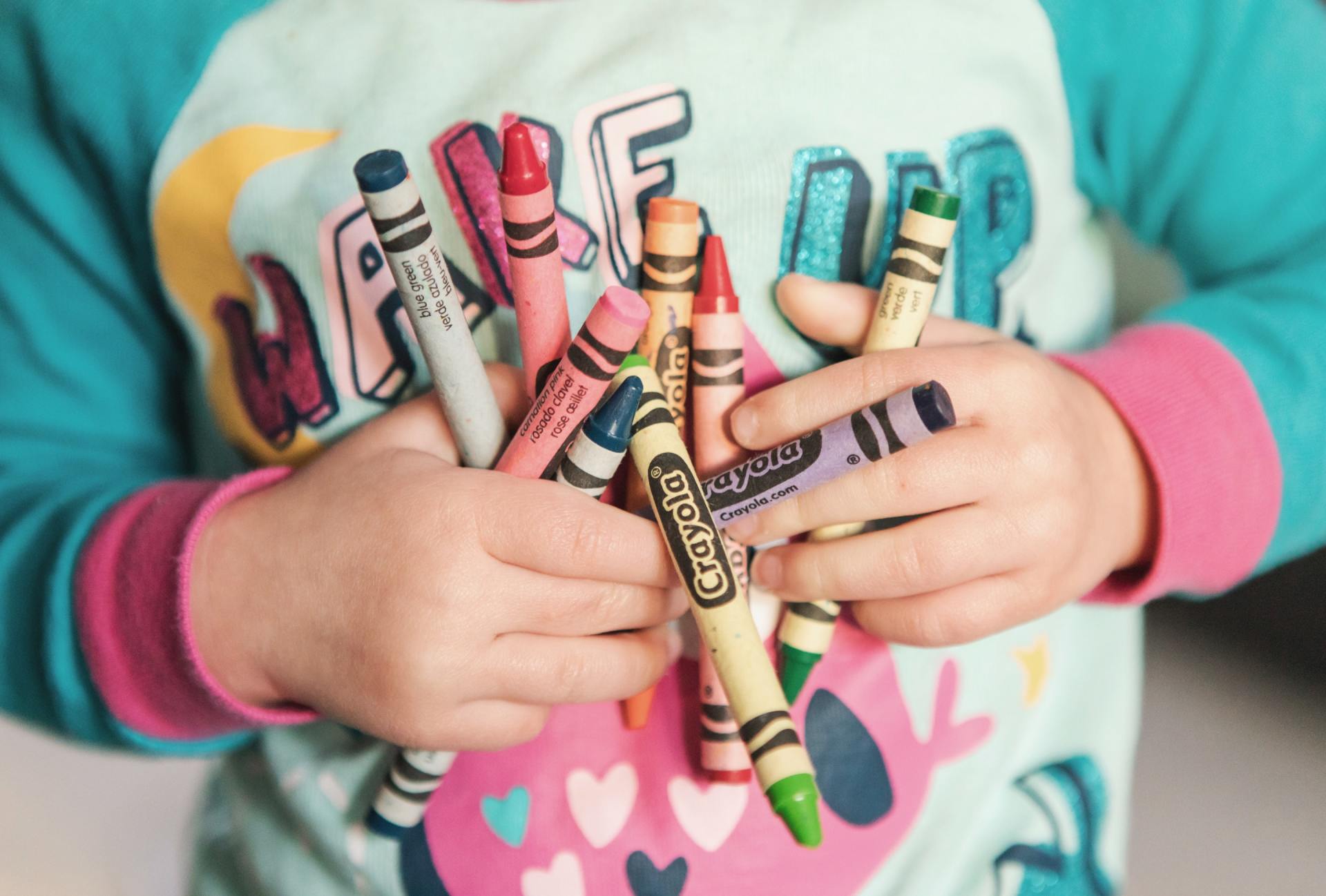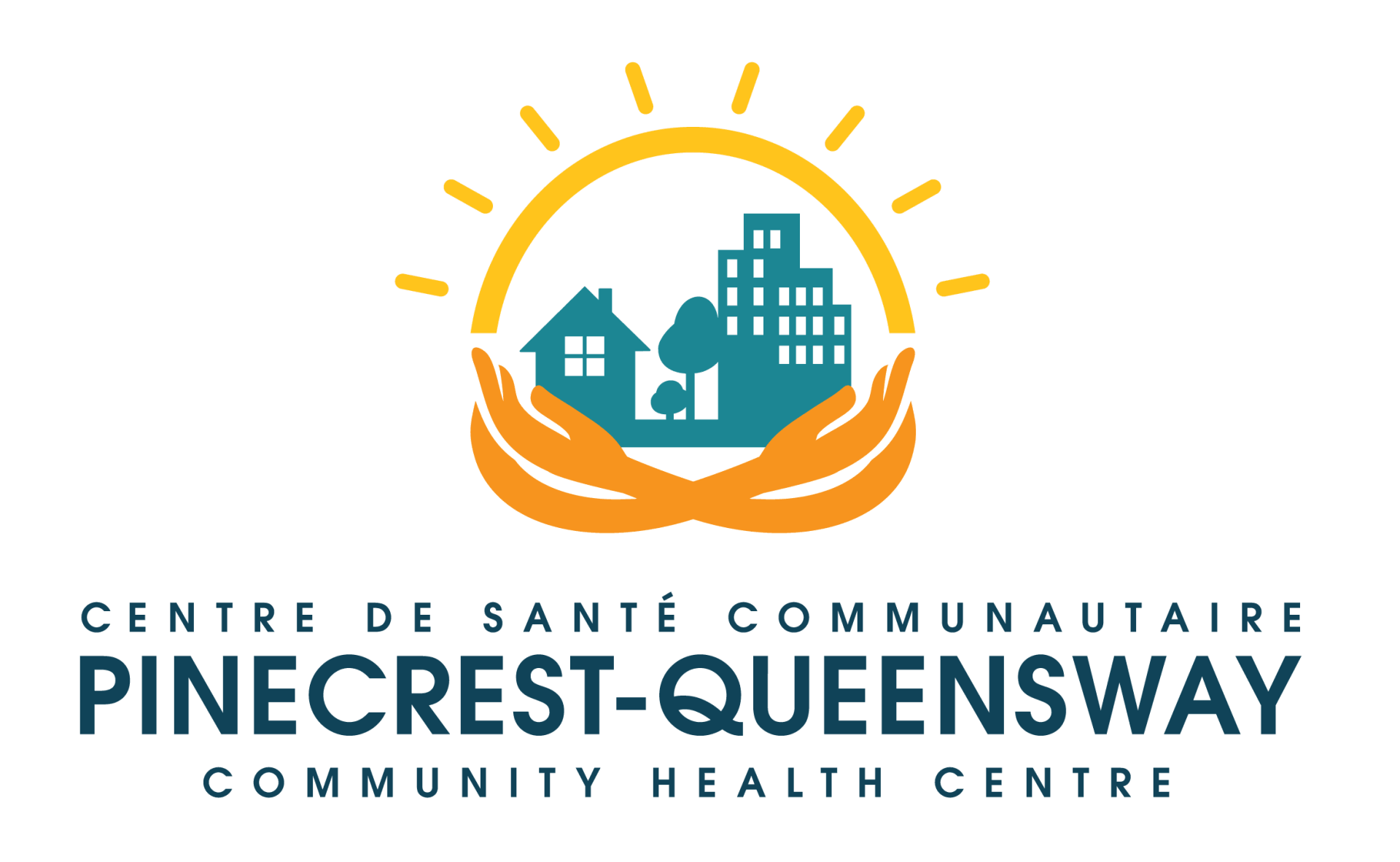Learning More Than One Language
Learning More Than One Language
DID YOU KNOW?
Children with strong language skills in their first language will learn a second language more easily. They learn a language best from people who speak that language well and OFTEN. Learning two languages can happen at any age and will NOT cause a speech or language delay.
It is normal for children learning a second language:
- to switch back and forth between languages when they speak.
- to go through a "silent period" for 3 to 6 months. They should continue to use their first language.
- to make grammatical mistakes in the new language until they figure out all the rules.
Children learning two languages follow the same milestones as children learning one language.
TALK TO YOUR CHILD IN YOUR FIRST LANGUAGE
- Talk in your first language - use a variety of words to describe objects and actions when you’re feeding your child, going fora walk, changing diapers or playing.
- Tell stories, read and sing in your first language. If the books you use are in English, name the pictures and tell the story in your first language. Give you child time to talk to you about the book.
- Plan fun activities with others who speak the same first language to keep your child motivated.
- Your child needs consistent and frequent exposure to each language. Here are ways to do this:
- “one parent- one language” approach (e.g. one parent speaks Somali and one parent speaks English).
- “one location-one language” approach (e.g. English is spoken at daycare and Somali is spoken at home).
- “one language-one activity” approach (e.g. English is spoken at mealtimes and Somali the rest of the day)
- Complete our Communication Checkup!






